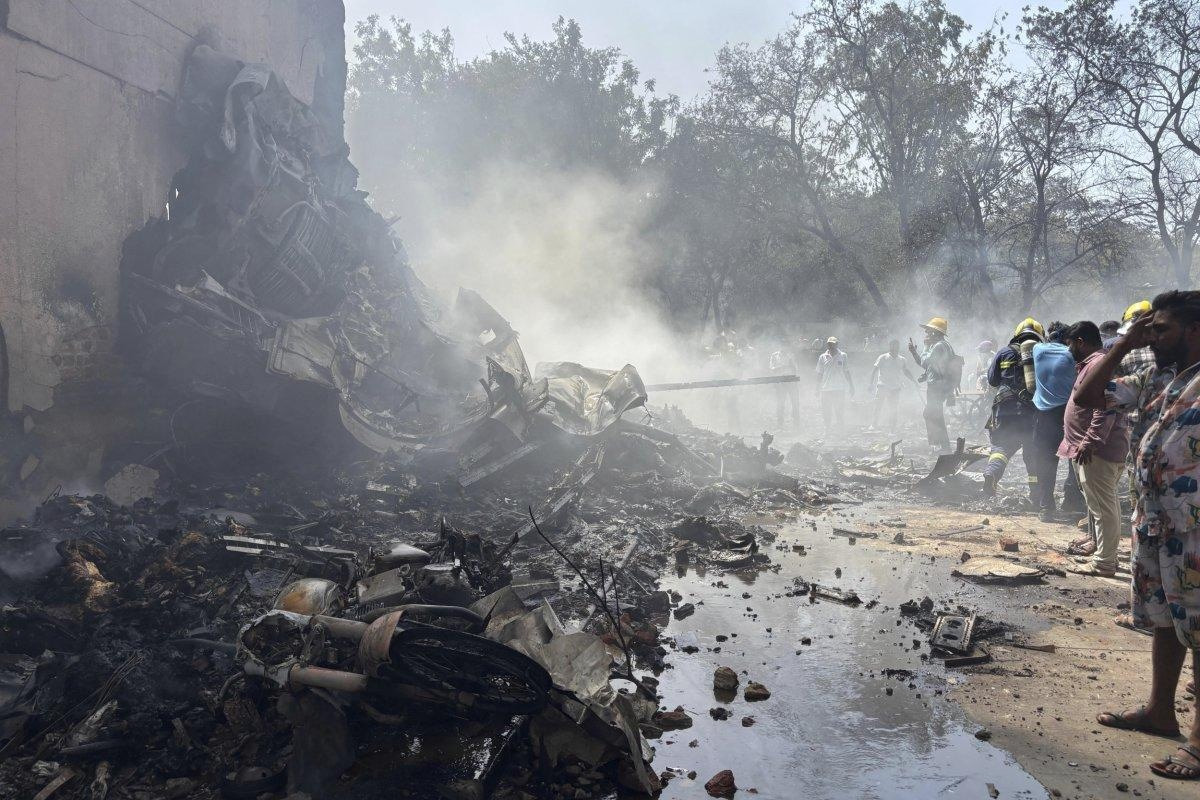AeroGenie — Seu Copiloto Inteligente.
Tendências
Categories
Engine Failure Identified as Likely Cause of Air India Crash

Engine Failure Identified as Likely Cause of Air India Crash
Preliminary investigations into the Air India Boeing 787-8 crash in Ahmedabad, which claimed at least 279 lives, point to a loss of engine power as the most probable cause. Video footage and official reports from Indian authorities reveal that the aircraft, equipped with General Electric GEnx engines, suffered a significant reduction in thrust during takeoff. The plane was unable to ascend beyond 450 feet before it crashed, shifting the focus of the inquiry away from earlier theories concerning the wing flaps and landing gear configuration.
Investigation and Regulatory Response
No conclusive explanation has yet emerged for the rare simultaneous power loss in both engines. In response, the Directorate General of Civil Aviation (DGCA) has initiated urgent pre-flight inspections targeting fuel systems, electronic engine controls, and other critical components on all Boeing 787 aircraft operating within India. These measures aim to identify any potential faults that could have contributed to the failure and to prevent similar incidents in the future.
Implications for Air India and the Aviation Sector
The crash poses a significant challenge for Air India, which is currently engaged in efforts to revitalize its operations amid increasing competition and regulatory scrutiny. The disaster threatens to undermine the airline’s reputation, potentially leading to financial losses and operational disruptions. Industry analysts suggest that the incident may result in heightened insurance claims and prompt comprehensive investigations into Air India’s safety protocols, management practices, and maintenance standards.
Market observers have noted increased scrutiny of Air India’s operational oversight, with competitors possibly seeking to leverage the airline’s difficulties to enhance their own market positions. Beyond the immediate impact on Air India, the tragedy raises broader concerns about the ambitions of India’s aviation sector. It underscores the critical importance of maintaining rigorous safety standards and effective regulatory oversight to ensure the sector’s sustainable growth.
As the investigation proceeds, authorities and industry experts stress the necessity for transparency and prompt corrective action to address any identified deficiencies. The findings of the ongoing probe are expected to have significant consequences for both Air India and the wider Indian aviation industry.

Emirates Unveils Cabin Design for New Boeing 777X

Eighteen Years On, the Airbus A380 Remains Central to a $34 Billion Airline

How a boom in luxury airline seats is slowing down jet deliveries

Navitaire Outage Attributed to Planned Maintenance

DigiYatra Debuts Outside Aviation at India AI Impact Summit

Vietnam Orders Strengthen Boeing’s Commercial Outlook

Airbus Signals Uncertainty Over Future A400M Orders

JobsOhio Awards $2 Million Grant to Hartzell Propeller for Innovation Center

Collins Aerospace Tests Sidekick Autonomy Software on YFQ-42A for U.S. Air Force CCA Program

How the Airbus A350-1000 Compares to the Boeing 777
